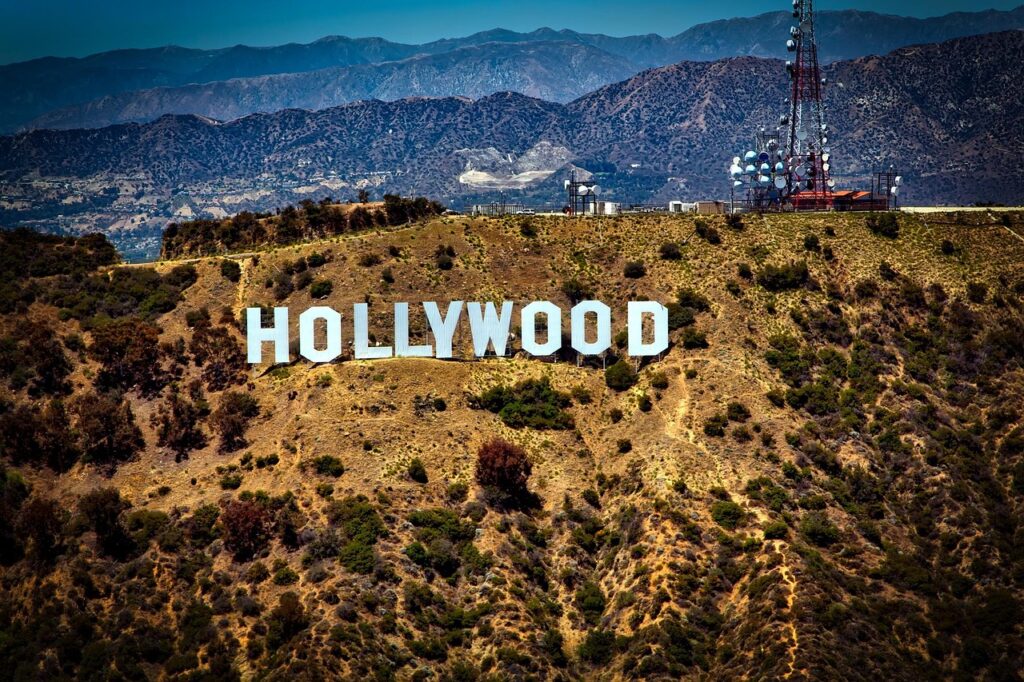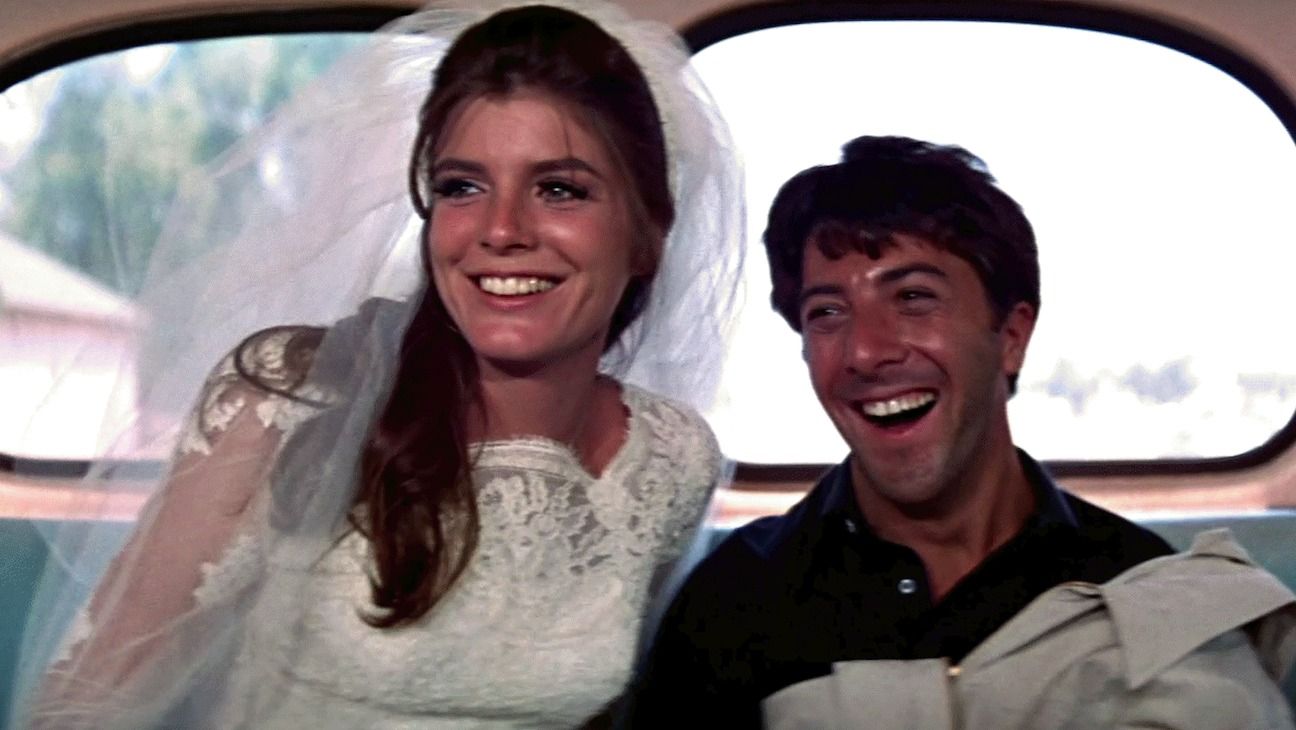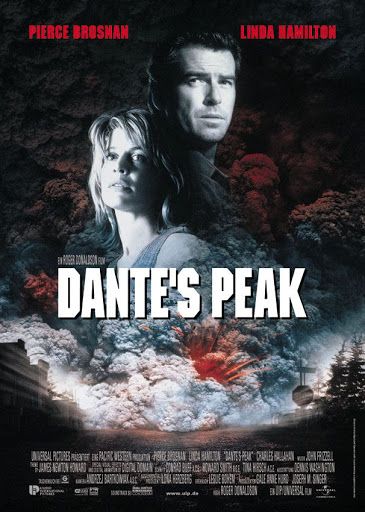
Alright, movie buffs, gather ’round! There’s something undeniably magical about those iconic lines that stick with us long after the credits roll. They become part of our everyday conversations, our inside jokes, and sometimes, even our deepest philosophical musings. We quote them at parties, during intense discussions, or even just to ourselves in the shower – because, let’s be real, who hasn’t dramatically declared, “I’m king of the world!” at least once?
But here’s the thing, and it’s a bit of a bombshell: many of those lines you hold so dear, those perfect snippets of dialogue you’ve memorized, you’ve probably been getting them wrong. Yep, it’s true! The internet has definitely shown us that our collective memory can be a bit… selective. What we *think* we heard, or what became the popular shorthand, often veers quite a bit from what was actually uttered on screen.
It’s like a massive game of cinematic ‘broken telephone’ where the original gem gets slightly warped over time, leading to some truly hilarious and sometimes mind-blowing revelations. So, get ready to have your movie-loving world rocked (in the best possible way!), because we’re about to take a deep dive into some of the most famously misquoted lines in film history. Prepare for some major “aha!” moments as we uncover the real words behind your favorite movie magic, starting with seven absolute classics!
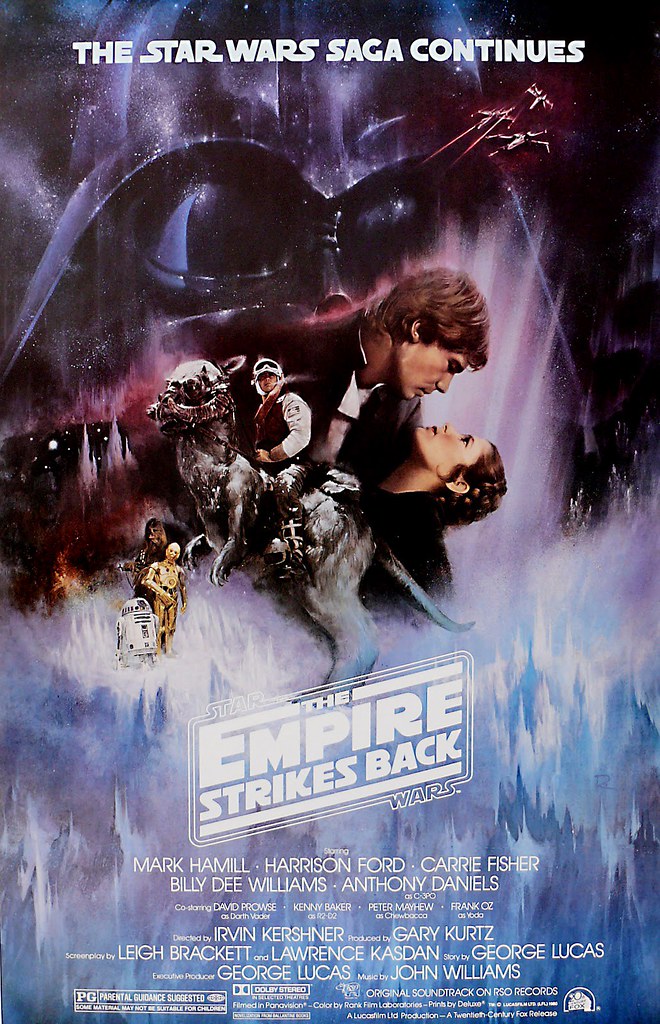
1. **The Empire Strikes Back**Okay, let’s kick things off with perhaps the biggest, most shocking, and most frequently misquoted line in cinematic history. You know the one. It’s the moment Darth Vader drops a bombshell that changes everything, forever cementing its place in pop culture lore. Everyone thinks they know it, and almost everyone gets it wrong.
Misquote: “Luke, I am your father.”
Actual Quote: “No, I am your father.”
Mind blown yet? The difference seems subtle, but it’s absolutely crucial to the emotional weight of the scene. The common misquote feels like an introduction, a direct address to Luke, setting up the reveal. However, the actual line is a *response*. It follows Luke’s horrified denial of Vader’s identity, making Vader’s confirmation all the more devastating and impactful. That single word, “No,” elevates the drama, turning it from a simple statement into a crushing retort that shatters Luke’s reality.
This misquote isn’t just about a word; it’s about the entire setup of one of cinema’s most famous plot twists. The power of the original line lies in its context as a rebuttal to Luke’s desperate claim that it couldn’t be true. It’s a punch to the gut, delivered with cold, undeniable certainty. The enduring popularity of the misquote, despite its inaccuracy, speaks volumes about how our minds simplify and reframe iconic moments for easier recall and dramatic emphasis.
Read more about: Unlocking Hollywood’s Vault: A Deep Dive into the Most Valuable Movie Memorabilia Ever Sold at Auction
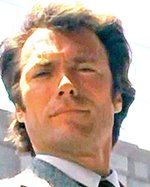
2. **Dirty Harry**Clint Eastwood as Dirty Harry is the epitome of cool, tough-guy cinema. He delivered some of the most memorable threats and observations in film history, often with that signature sneer and a steely gaze. One particular line has been replayed countless times, a challenge thrown down by the gritty detective, but its popular rendition isn’t quite what the script dictated.
Misquote: “Do ya feel lucky, punk?”
Actual Quote: “You’ve got to ask yourself one question: ‘Do I feel lucky?’ Well, do ya punk?”
See? It’s not the simple, direct question everyone remembers! The actual quote is a longer, more menacing preamble, building tension as Harry forces his adversary to confront their own fate. The misquote strips away that psychological build-up, turning it into a concise, punchy interrogation. While the misquote still conveys the essence of Harry’s challenge, it loses the drawn-out, almost philosophical intimidation of the original.
The extended nature of the actual line is what makes it so much more effective in the film. Harry isn’t just asking if the criminal feels lucky; he’s making them *consider* it, putting the onus of their decision directly on them. It adds layers to his character, showing his strategic mind even in moments of intense pressure. The misquote became shorthand because it’s easier to repeat, but the full dialogue is a masterclass in cinematic threat delivery.
Read more about: Hollywood’s Humble Rides: 14 Surprising Everyday Cars Driven by Celebrities You Can Actually Afford
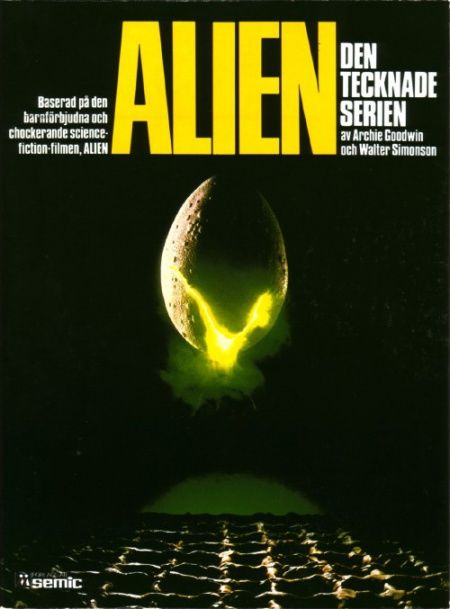
3.Sigourney Weaver’s Ellen Ripley is one of the most badass heroines ever to grace the big screen. Her sheer determination and maternal protectiveness in *Aliens* gave us moments of intense emotional resonance mixed with explosive action. When she confronts the Alien Queen, her fury gives rise to a truly iconic line, one that’s often remembered with a slightly different bite.
Misquote: “Stay away from her, you bitch.”
Actual Quote: “Get away from her, you bitch.”
It’s a subtle shift, but it changes the dynamic just a tiny bit. “Stay away” implies a warning, a plea for distance, while “Get away” is a direct, forceful command. It’s Ripley in full protective mode, not asking, but *telling* the monstrous queen to relinquish her grip on Newt. The actual line emphasizes Ripley’s unyielding, aggressive stance in that terrifying confrontation.
The power of Ripley’s declaration isn’t just in the words, but in the raw, visceral emotion behind them. She’s not just a soldier; she’s a surrogate mother fighting for her child. The “Get away” command encapsulates her fierce resolve and her willingness to do whatever it takes. It’s a defiant roar against an unstoppable force, a moment that defines her character’s strength and resilience.
Read more about: More Than Just a Number: Unpacking the Enduring Allure of The Hitchhiker’s Guide to the Galaxy in the Streaming Age
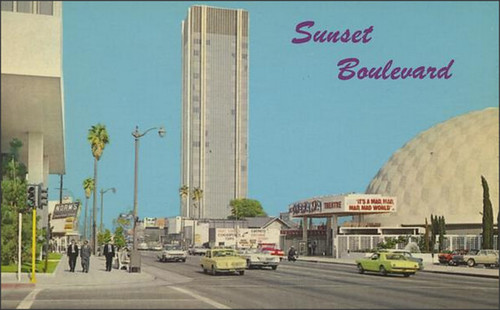
4. **Sunset Boulevard**Gloria Swanson’s Norma Desmond is a character larger than life, a faded star clinging desperately to the remnants of her past glory. Her dramatic pronouncements are legendary, none more so than her climactic declaration. It’s a line that perfectly captures the tragedy and delusion of old Hollywood, but its famous rendition misses a small, yet significant, detail.
Misquote: “I’m ready for my close-up, Mr. DeMille.”
Actual Quote: “All right, Mr. DeMille. I’m ready for my close-up.”
The addition of “All right” at the beginning of the actual quote is a small touch that speaks volumes. It portrays Norma’s acceptance, her grand entrance into the spotlight she believes is rightfully hers, despite the grim circumstances. The misquote, while still powerful, loses that element of triumphant (albeit deluded) compliance, making the line feel slightly more theatrical than authentic to her character’s warped reality.
Norma Desmond’s final scene is a masterclass in cinematic tragedy and psychological breakdown. The line, delivered as she descends into madness, believing she’s performing for the cameras again, is chillingly perfect. The “All right” hints at her readiness to perform, her ultimate surrender to the illusion. It’s a sad, powerful moment that perfectly caps off a classic film, and the nuance of the original phrasing just deepens its impact.
Read more about: Million-Dollar Dreams: Which 9 Iconic City Designs Top the List of All-Time Coolest?
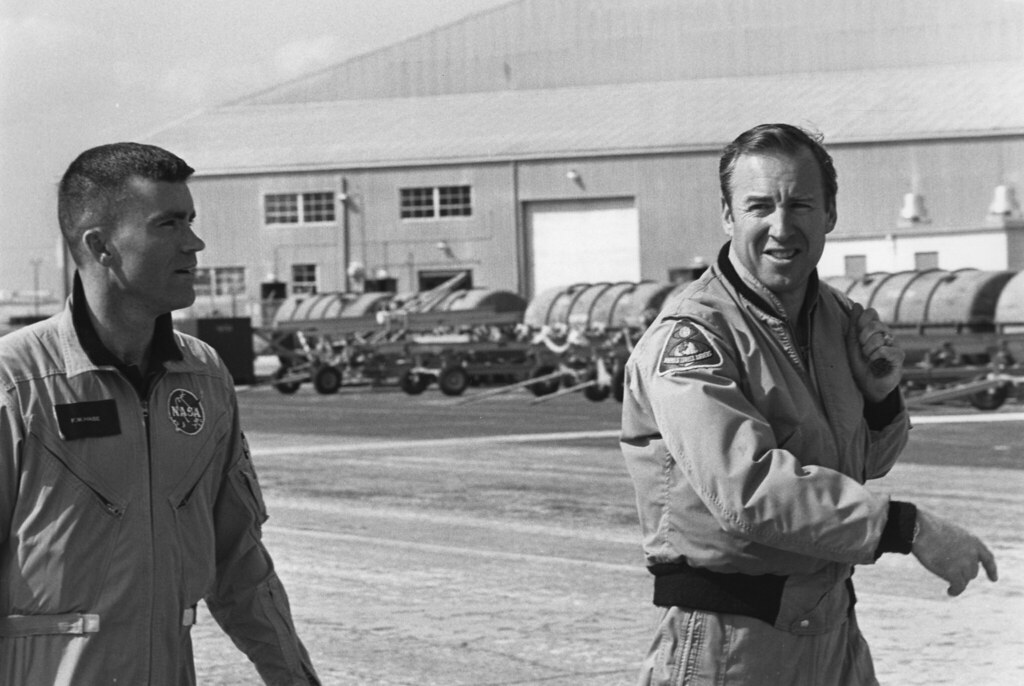
5. **Apollo 13**When things go wrong in space, they go spectacularly wrong. The real-life drama of Apollo 13 was captured brilliantly on screen, giving us one of the most understated yet terrifying lines in movie history. It’s the moment the crew realizes they have a serious problem, and the communication back to Houston becomes instantly iconic. However, even this chillingly accurate portrayal of a real event often gets a slight revision in our collective memory.
Misquote: “Houston, we have a problem.”
Actual Quote: “Ah, Houston, we’ve had a problem.”
That tiny shift from “have” to “’ve had” (meaning “we have had”) makes all the difference! The misquote suggests an ongoing, present issue. The actual quote, however, points to something that *just occurred*, a past event whose immediate consequences are now unfolding. It’s a subtle but crucial distinction that conveys the sudden realization of a crisis that has already transpired, rather than a problem that is simply *present*.
The original line, “Ah, Houston, we’ve had a problem,” reflects the real-time unfolding of the crisis more accurately. It’s not just a problem they *have*; it’s a problem that *happened* and now they’re dealing with the fallout. This little tense change perfectly encapsulates the immediate aftermath of a catastrophic event, adding a layer of authenticity to an already tense scene. It’s a reminder that sometimes, the smallest words carry the biggest weight.
Read more about: A Tearful Goodbye: Honoring the Enduring Legacies of 12 Beloved Rocky Cast Members We’ve Lost

6. **Snow White and the Seven Dwarfs**Let’s take a trip back to the enchanting world of fairy tales, specifically the one where a jealous queen consults her magical looking glass. This scene is etched into childhood memories, a classic moment of vanity and malevolence. The queen’s famous address to her mirror is one of the most recognizable lines in animated history, but surprisingly, it’s not quite right in its popular form.
Misquote: “Mirror, mirror, on the wall, who is the fairest of them all?”
Actual Quote: “Magic mirror, on the wall, who is the fairest one of all?”
Whoa! Did you catch that? It’s not just “Mirror, mirror,” but “Magic mirror”! And instead of “fairest of them all,” it’s “fairest one of all.” The “Magic mirror” emphasizes the supernatural quality of the object she’s addressing, making it more personal and powerful. The misquote simplifies it, but the original adds that extra touch of enchantment and the queen’s direct command to her magical confidante.
The actual line, by specifically calling it the “Magic mirror,” highlights the mystical nature of the object that the Queen so desperately relies upon for validation. It’s not just any mirror; it’s *her* enchanted tool, the source of her cruel pride. And asking for the “fairest one” instead of “them all” gives it a slightly more singular, almost competitive edge, focusing on a single, ultimate victor in the beauty contest. This classic moment is all about vanity, and those specific words truly set the stage for all the drama to come.
Read more about: Don’t Get Stuck: These 10 Models Will Rack Up Thousands in Repairs After the 100,000-Mile Mark
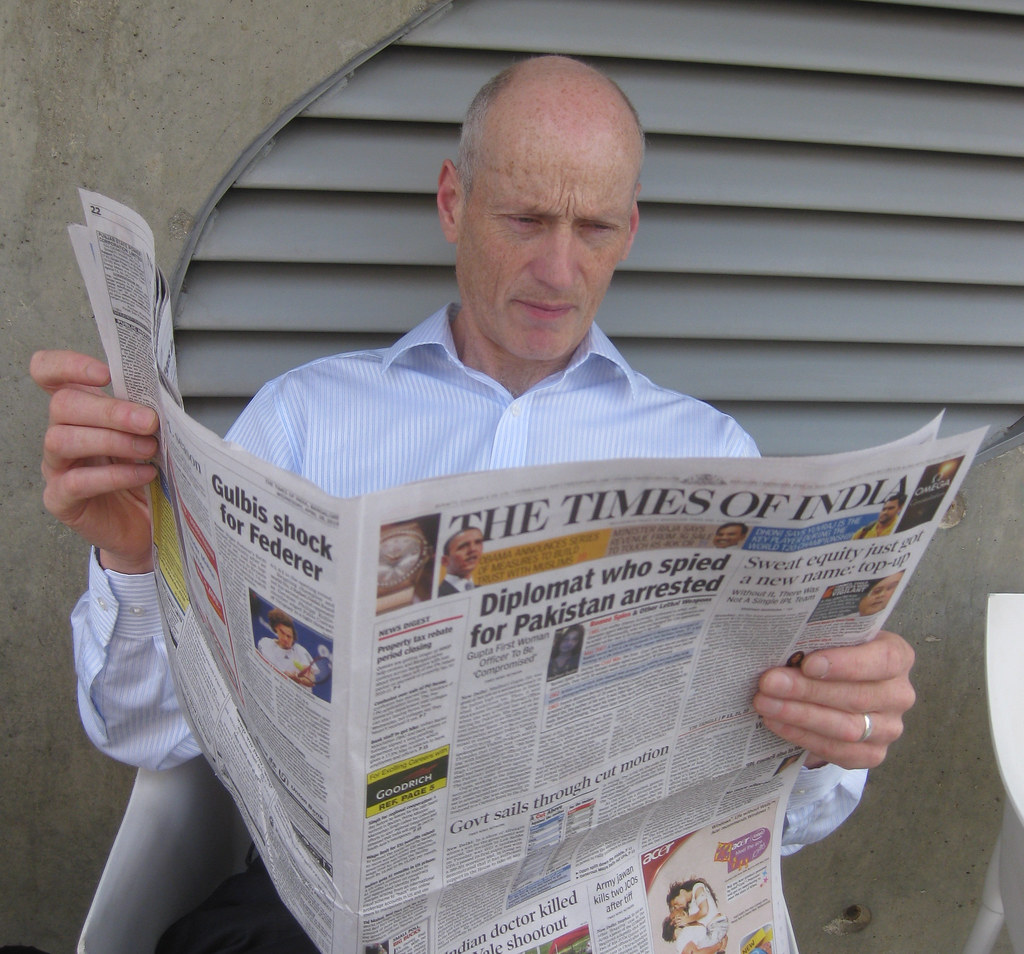
7. **Casablanca**“Here’s looking at you, kid.” “Of all the gin joints in all the towns in all the world, she walks into mine.” *Casablanca* is absolutely packed with unforgettable lines, endlessly quoted and adored. Among them is a request made by Ilsa Lund to Sam, the piano player, a plea to revisit a poignant memory. This particular line has become synonymous with the film, yet its famous iteration is actually a creative embellishment.
Misquote: “Play it again, Sam”
Actual Quote: “Play it, Sam. Play ‘As Time Goes By’”
That’s right, folks! The iconic phrase “Play it again, Sam” never actually appears in *Casablanca*. It’s a fascinating example of how a movie line can evolve in popular consciousness, becoming more famous in its misquoted form than its original. Ilsa’s request is simpler, more direct, specifying the exact song she wants to hear. The “again” was added somewhere along the way, perhaps to emphasize the nostalgic repetition of the moment.
The actual dialogue carries a beautiful simplicity and a clear instruction, directly invoking the song that is so central to Rick and Ilsa’s history. The fact that the misquote became so pervasive speaks to the film’s lasting emotional impact and how we often distill powerful scenes into shorter, more memorable soundbites. It’s a testament to the film’s legacy that even a slightly altered version of the line can evoke such strong feelings and instant recognition, proving that sometimes, our collective memory writes its own legendary script.
Alright, movie buffs, if you thought the first batch of misquotes was mind-blowing, buckle up! We’re about to dive into seven more legendary film phrases that have been hilariously (and sometimes shockingly) altered in our collective memory. Get ready for some major “aha!” moments as we continue to unpack the real words behind your favorite cinematic magic.
Read more about: Unlocking Hollywood’s Vault: A Deep Dive into the Most Valuable Movie Memorabilia Ever Sold at Auction
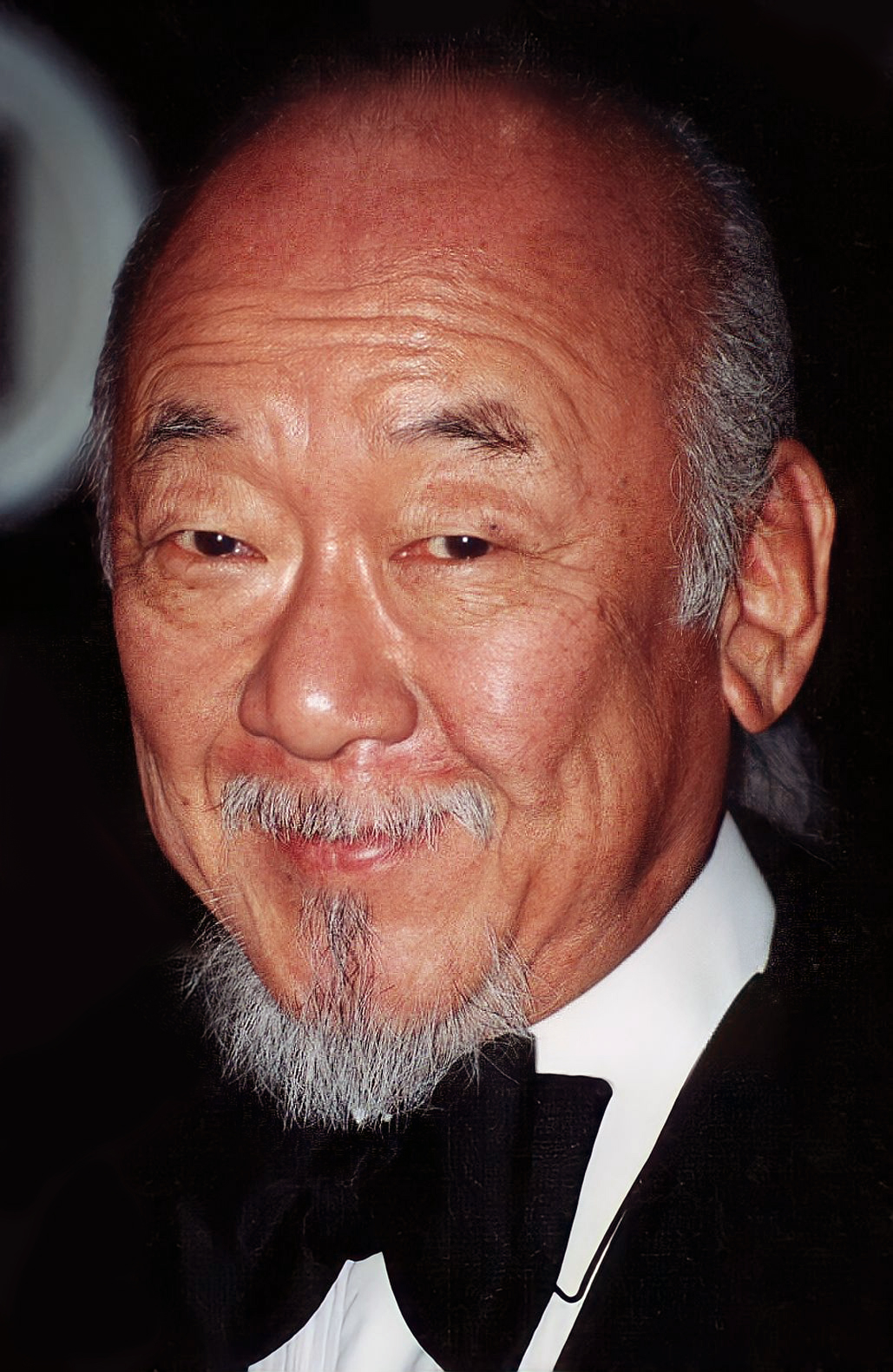
8. **King Kong**Oh, King Kong! The original monster movie classic that still tugs at our heartstrings. The tragic tale of a giant ape and the woman who captivated him (and eventually, brought about his downfall) ends with one of cinema’s most famous pronouncements. It’s supposed to sum up the entire epic, right? Well, grab your popcorn, because even this profound statement often gets a little lyrical upgrade in our memories.
The popular misquote, “T’was beauty that killed the beast,” sounds incredibly poetic, doesn’t it? It has that Shakespearean, old-timey feel that seems to fit the grandeur of the film. It’s a line that rolls off the tongue, evoking a sense of ancient tragedy and timeless romance. It’s the kind of phrase you’d expect to hear echoing through the annals of cinema history.
But the actual line, delivered by a police lieutenant at the very end of the film, is far more direct: “It was Beauty killed the Beast.” It drops the “t’was” for a straightforward “it was,” and changes “that” to a more active “killed.” This version is less a lament and more a stark, factual observation. It cuts straight to the core of the film’s climax, stating the undeniable truth without any flowery language.
The difference might seem minor, but it reflects a subtle shift in tone. The misquote leans into dramatic, almost fairytale-esque storytelling, emphasizing the *idea* of beauty’s power. The real quote, however, feels like a newspaper headline, a definitive, no-nonsense statement that captures the harsh reality of Kong’s demise. It’s less about the poetry and more about the brutal, undeniable truth of what unfolded.
Read more about: Masters of the Craft: 14 Veteran Directors Whose Unmistakable Visions Shaped Film History

9. **Titanic**All aboard the nostalgia ship! Who hasn’t stood on a railing (or even just imagined it) and yelled “I’m king of the world!” at the top of their lungs? This line, screamed by a triumphant Jack Dawson at the bow of the Titanic, is pure, unadulterated joy and exhilaration. It perfectly captures that feeling of boundless possibility and freedom. But guess what? Even this universally recognized declaration has a tiny little phantom word floating around.
The popular version, “I’m king of the world!”, feels so natural. It’s succinct, powerful, and gets right to the point. It’s become a go-to phrase for anyone feeling on top of the world, whether they’ve just aced a test or conquered a mountain of laundry. It’s the ultimate expression of victory and belonging, a shout of pure, unbridled elation.
However, the actual quote from the movie includes a definite article: “I’m **the** king of the world!” That little “the” might seem insignificant, but it adds a layer of specificity. It’s not just *a* king; it’s *the* king, making Jack’s claim even more absolute and grand. It transforms it from a general feeling of power to a specific, almost divine, appointment.
This slight grammatical tweak might not change the emotional impact much, but it does make the original line just a touch more emphatic. “I’m the king” sounds more official, more declarative. It’s almost as if he’s not just proclaiming his feeling, but stating a self-appointed, undeniable fact to the entire universe. It just goes to show how our brains sometimes trim down even the most glorious pronouncements for easier, quicker recall.
Read more about: Beyond the Spotlight: Unraveling the Alleged Tragic Autopsy Details of Elvis Presley’s Final Days
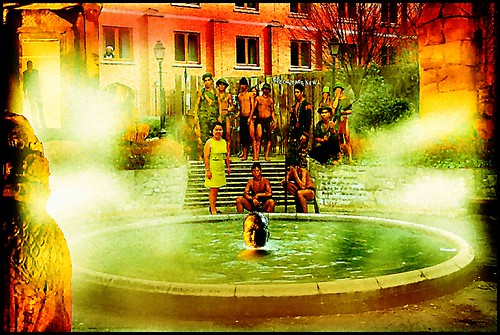
10. **Apocalypse Now**Okay, prepare yourselves, because this next one is a classic that’s been streamlined in our collective memory like crazy. Colonel Kilgore’s chillingly iconic declaration about napalm in *Apocalypse Now* is synonymous with the brutality and surrealism of war. Everyone knows the line, right? But the full quote is an absolute trip, and it paints a much more vivid, and frankly, disturbing picture.
The popular misquote, “I love the smell of napalm in the morning. It smells like victory!”, is short, punchy, and incredibly effective. It perfectly encapsulates the character’s warped perspective and the horrific beauty he finds in destruction. It’s become a symbol of dark triumph, used to describe everything from winning a tough negotiation to successfully cleaning the kitchen. It’s concise and delivers the emotional gut punch immediately.
But the actual quote? Oh, it’s a journey. Kilgore doesn’t just say it *smells* like victory. He launches into a graphic, rambling anecdote: “I love the smell of napalm in the morning. You know, one time we had a hill bombed for 12 hours. When it was all over, I walked up. We didn’t find one of ’em, not one stinkin’ dink body. The smell, you know, that gasoline smell, the whole hill. Smells like victory.” This isn’t just a statement; it’s a descent into his psychological landscape.
The full line isn’t just about the “smell of victory”; it’s about the *lack* of enemy bodies after 12 hours of bombing, the chilling absence of evidence of human life. It’s about his twisted satisfaction in total annihilation. The misquote strips away the horrific context and the disturbing details that make Kilgore’s character so utterly memorable and terrifying. It loses the casual, almost poetic delivery of his detached recounting of carnage.
This is one of those cases where the popular misquote captures the *essence* but completely misses the *depth* and *horror* of the original. The actual dialogue reveals so much more about the psychological toll of war and the desensitization it causes. It’s a truly powerful moment that gets simplified for easy recall, but the full version is a masterpiece of dark character development.
Read more about: Masters of the Craft: 14 Veteran Directors Whose Unmistakable Visions Shaped Film History
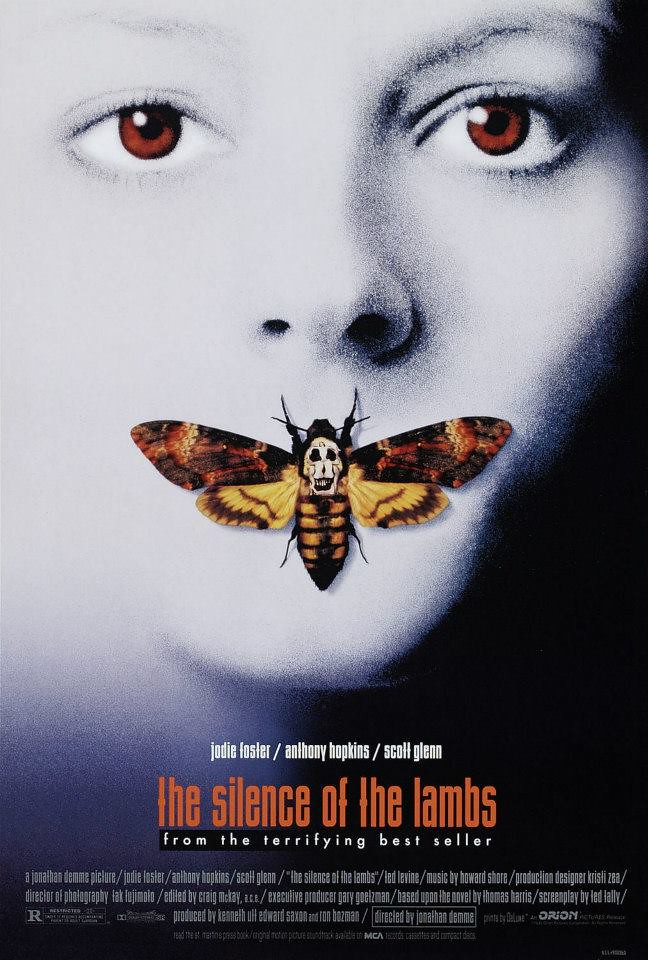
11. **Silence of the Lambs**Brace yourselves, because this next one is probably going to make you re-think every Halloween costume impression you’ve ever done. The spine-chilling introduction of Hannibal Lecter to Clarice Starling in *The Silence of the Lambs* is a moment of pure cinematic genius. His calm, unsettling greeting is instantly recognizable, right? Well, prepare to have your memories slightly recalibrated.
The misquote, “Hello, Clarice,” has become the go-to line for anyone impersonating the infamous Dr. Lecter. It’s short, direct, and immediately signals that chilling intelligence and predatory interest. It sounds like a simple, understated opening that masks a world of psychological manipulation. It’s what everyone *hears* in their head when they think of him.
However, the actual line, delivered with that iconic, unnerving politeness, is: “Good evening, Clarice.” It’s a subtle change, but it’s there! The “Good evening” adds a layer of formality and an almost unsettling courtesy to his first spoken words to her. It feels more measured, more deliberate, enhancing the intellectual cat-and-mouse game that’s about to unfold between them.
Think about it: “Hello” is a universal, almost casual greeting. “Good evening,” on the other hand, implies a specific time of day and a certain decorum, especially coming from someone as meticulously composed as Lecter. This tiny detail makes his initial interaction with Clarice even more precise and, in its own way, more unsettling. It’s another brilliant example of how even a single word can subtly alter the character’s nuanced delivery and overall atmosphere of a scene.
Read more about: How Many of These 14 Must-Watch, Genre-Defining TV Shows Have You *Actually* Seen?

12. **Field of Dreams**If you build it, they will come… Wait, hold up! This incredibly inspiring and widely quoted line from *Field of Dreams* has become a mantra for entrepreneurs, dreamers, and anyone embarking on a big project. It’s about faith, vision, and the promise of success, drawing people to your endeavor. But the actual line in the film carries a far more personal and poignant meaning than its popular misquote suggests.
The misquote, “If you build it, they will come,” universalizes the message. It implies a crowd, a collective response to a grand undertaking. It speaks to the idea that if you create something truly special, people (or opportunity, or success) will naturally gravitate towards it. It’s a powerful and motivating sentiment that has resonated with countless individuals outside the context of the movie itself.
But the voice that whispers to Ray Kinsella in his cornfield isn’t promising a throng of people. It’s far more specific, and deeply personal: “If you build it, **he** will come.” That “he” refers to Ray’s estranged father, a former baseball player who passed away years ago. The entire film is a journey of reconciliation, healing, and connecting with his past.
The difference between “they” and “he” shifts the entire emotional core of the film. The misquote turns it into a general truism, a business aphorism. The actual quote roots the magic and the mystery in a son’s longing for connection with his father, making the eventual payoff incredibly moving. It’s a story about personal redemption and the power of family, not just about drawing a crowd.
This is a perfect example of how a misquote, while still powerful, can completely reshape the original narrative’s intent. The true line is intimate, almost spiritual, guiding Ray towards a profound personal reunion. The popular version loses that profound, singular focus, making it a powerful statement, but one disconnected from the film’s beautiful, heartfelt core.
Read more about: The ’80s Sweet Spot: 14 Iconic Candy Bars That Vanished from Convenience Stores, Leaving Us Craving More!
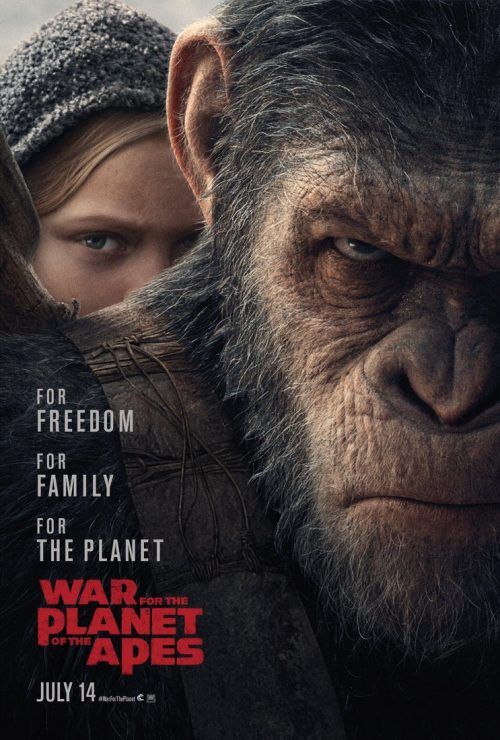
13. **Planet of the Apes**“You damn dirty ape!” has to be one of the most quotable insults in cinematic history. Charlton Heston’s furious outburst in *Planet of the Apes* is raw, visceral, and perfectly captures the shock and disgust of a human trapped in an inverted world. It’s a moment of pure, unadulterated defiance. But even this iconic line, uttered by the unforgettable Taylor, has a tiny, yet telling, deviation in our collective memory.
The misquote, “Get your stinking paws off me, you damn dirty ape,” sounds aggressive and confrontational. “Get” implies a sudden, forceful removal, a demand for immediate action. It emphasizes Taylor’s anger and his struggle against his captors. It’s the kind of command you’d expect from someone utterly fed up and fighting for their freedom.
However, if you listen closely to the original, Taylor actually says: “**Take** your stinking paws off me, you damn dirty ape.” The word “take” instead of “get” subtly changes the tone. While still defiant, “take” suggests a slightly more measured, albeit still furious, instruction. It implies an expectation that the apes *can* and *should* remove their paws, rather than a desperate, frantic plea for them to “get” away.
This isn’t just about semantics; it’s about Taylor’s character in that moment. He’s furious, yes, but he’s also trying to assert his human superiority, even in chains. The command “Take” feels more authoritative, even as he’s at his lowest point. It highlights his ingrained human arrogance even when faced with overwhelming odds. It’s a small word, but it perfectly reinforces his defiant, albeit futile, struggle for control.
Read more about: A Bike, a Car, or Both? Unpacking Vigoz: CIXI’s 75-MPH Hybrid Trike Redefining Personal Transportation for Enthusiasts
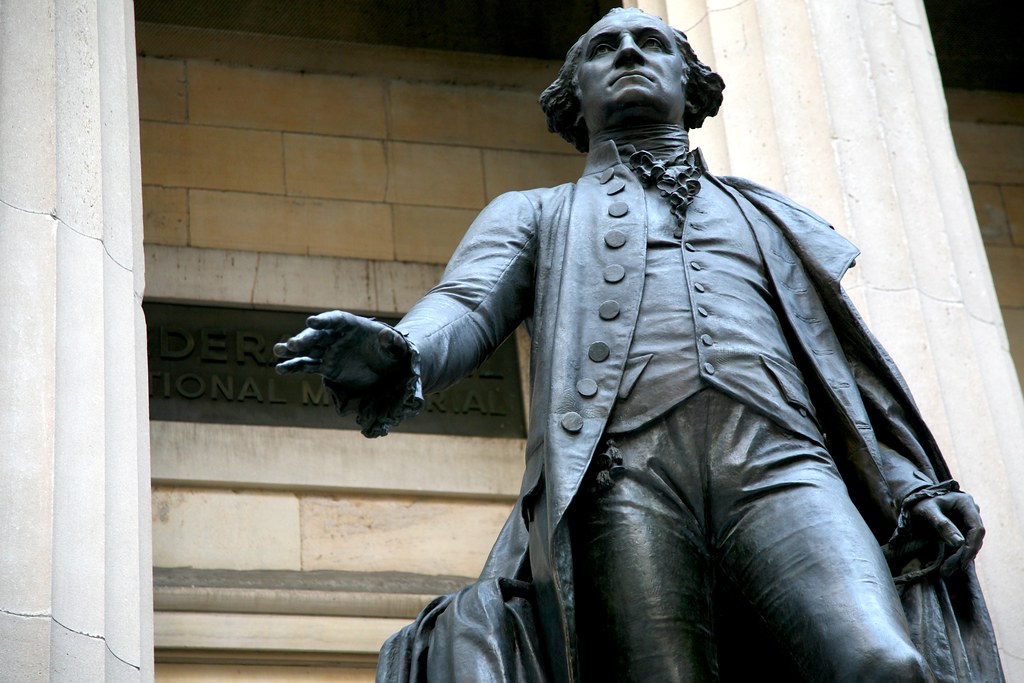
14. **Wall Street**Money, power, and the ruthless pursuit of both – *Wall Street* gave us one of the most infamous and influential speeches in movie history. Gordon Gekko’s declaration, “Greed is good,” became a mantra for an entire generation and a symbol of unchecked capitalism. It’s short, sharp, and seemingly the perfect summation of his character’s philosophy. But as it turns out, Gekko’s full spiel is much more nuanced (and long-winded!) than we remember.
The popular misquote, “Greed is good,” is a distillation, a soundbite that perfectly captures the essence of Gekko’s unapologetic pursuit of wealth. It’s provocative, shocking, and became shorthand for the excesses of the 1980s. It’s what you hear in documentaries, parodies, and in conversations about corporate ambition. It’s impactful because of its brutal simplicity.
But if you go back to the source, Gekko actually delivers a more elaborate, almost philosophical defense of greed during his address to Teldar Paper shareholders. His actual quote is: “The point is, ladies and gentlemen, that greed, for lack of a better word, is good.” He explicitly states, “for lack of a better word,” acknowledging that “greed” itself might be a loaded term, but it’s the most fitting to describe the driving force behind economic progress in his view.
This longer version, with its careful preamble and Gekko’s almost apologetic (but not really) clarification, paints a slightly different picture. It’s not just a blunt statement; it’s an *argument*. He’s trying to persuade, to rationalize, to present “greed” not as a vice, but as a necessary engine for innovation and efficiency. The misquote loses this argumentative structure, turning a complex defense into a simple, albeit powerful, slogan.
The full speech, and particularly the “for lack of a better word” phrase, makes Gekko’s character even more fascinating. He’s not just a cartoon villain; he’s a highly intelligent individual who articulates a controversial worldview with conviction. The misquote simplifies him, but the original line reminds us of the persuasive, almost seductive power of his ideology. It’s a prime example of how brevity can sometimes obscure deeper, more intricate meanings.
Read more about: Don’t Get Stuck: These 10 Models Will Rack Up Thousands in Repairs After the 100,000-Mile Mark
Wow, who knew our brains were such master editors, trimming down epic movie lines into their own punchier, often slightly ofilter versions? It’s a wild ride through cinematic history, isn’t it? From the subtle shift of an article to an entirely omitted anecdote, these misquotes prove that our collective memory is a fascinating, fallible beast. But whether you’ve been shouting “Luke, I am your father” or confidently declaring “Greed is good,” one thing is for sure: these lines, in all their forms, have cemented their places in pop culture forever. They’ve sparked conversations, inspired countless jokes, and reminded us of the sheer power of cinema to create unforgettable moments—even if we sometimes remember them a little differently! So go forth, re-watch your favorites, and get ready to impress your friends with your newfound, super-accurate movie line knowledge. Or don’t, because honestly, the misquotes are pretty legendary too!

